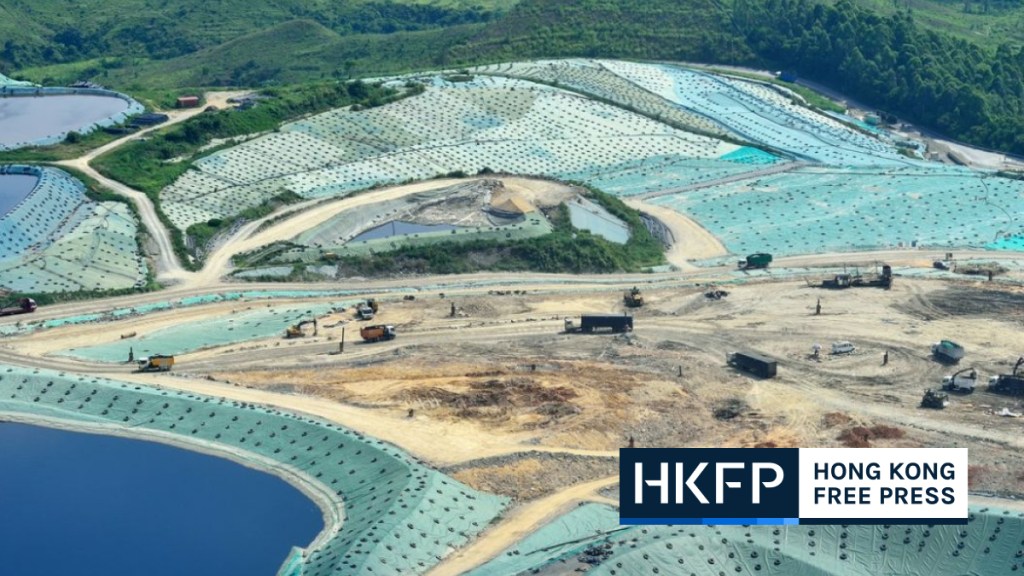Over the last 100 days, Prime Minister Pushpa Kamal Dahal has not only changed his coalition partners but also unveiled two common minimum programmes of his government. With his coalition partners changing, how will Dahal deal with a perennial issue of geopolitical balance between India and China? The Nepali Congress, the government's largest coalition partner, has traditionally been considered close to India; Dahal’s leanings, meanwhile, seem to be vacillating between India and China depending on domestic political situations.
According to reports Prime Minister Dahal did not participate in the Boao Forum for Asia, held from March 14-17 in Henan, China, hoping for an Indian invitation for an official visit. He has yet to receive a formal invitation from his Indian counterpart, but he has signalled that his relationship with India is his priority. He has also sent a positive signal to the West by sending a video message to the “Democracy Summit” organised by the United States of America. Meanwhile, foreign policy pundits speculate that the delay in Dahal’s India visit could be due to the southern neighbour’s uneasiness with the Common Minimum Programme that touches upon the border at Limpiyadhura, Lipulek, Kalapani and other border disputes.
The geopolitical dynamics between Nepal, China, and India are complex and have been shaped by a range of historical, political, economic, and strategic factors. China and India are both major powers in the neighbourhood as well as the world. The competition for their influence and strategic interests in Nepal could only grow and will be the source of tension for Nepal in the coming years. The geopolitical dynamics between these three countries will be shaped by economic interests, security concerns, strategic calculations and regional power politics.
China has expanded its economic and strategic influence in Nepal in recent years through investments in infrastructure projects such as highways, airports and hydropower plants, in addition to military cooperation. India has a reservation about Chinese investments in Nepal’s airports and hydroelectricity, evident in its reluctance to open more air routes to Nepal and refusal to import Nepal’s electricity from projects involving Chinese investments.
Countries like Nepal, with a complex geopolitical situation, should adopt a mix of strategies to leverage resources, maintain sovereignty and amplify their voices on the global stage by balancing the superpowers to preserve their national interests. On one hand, Nepal should maintain neutrality in international affairs and avoid being caught in the crossfire of conflicts between larger powers. On the other, it should diversify relationships with multiple superpowers and other regional powers to reduce its dependence on any one country. Nepal should continue pursuing multilateralism by forming alliances and coalitions to increase its bargaining power and focus on making economic development an integral part of its foreign policy. It should also cultivate soft power by investing in cultural, social and diplomatic resources to enhance Nepal’s standing in the international community.
Despite historical economic, political and cultural ties with India, Nepal has pursued its policy of non-alignment and engagement; however, this policy needs to be revised by focusing more on “issue-based” alignment and non-alignment. For instance, given its geopolitical complexity, Nepal should adopt the policy of alignment and engagement in areas such as development, investment, trade and transit, while maintaining non-alignment and engagement in global and regional security mechanisms and arrangements associated with both China and India.
Nepal should deepen its economic ties with India by increasing trade, investment, and infrastructure connectivity, including developing cross-border infrastructure projects, such as highways, railways, electricity and internet. This will improve trade, transportation and communication links between the two countries. Moreover, Nepal should focus on expanding people-to-people ties to strengthen cultural, religious, and educational exchanges to promote greater understanding and cooperation as well as to boost Nepal’s tourism.
Nepal should actively promote regional stability and cooperation, including through the South Asian Association for Regional Cooperation (SAARC) and the Bay of Bengal Initiative for Multi-Sectoral Technical and Economic Cooperation (BIMSTEC). These initiatives provide for countries to engage in dialogue and cooperation on issues of regional significance, such as climate change, trade, tariff, connectivity, food security and disaster management.
There are some thorny and historical issues in the Nepal-India relationship, including border disputes and the controversial 1950 Treaty of Peace and Friendship, which many Nepali view as unfairly favouring India and undermining Nepal’s sovereignty. There are also disputes over the distribution of water from rivers that flow between the two countries. The 2015-16 economic blockade imposed by India following the Constitution of Nepal 2015 was also viewed as an interference in Nepal’s internal political affairs.
Prime Minister Dahal’s India visit should ensure India’s assurance and commitment to respect Nepal’s sovereignty and territorial integrity and avoid actions that could be perceived as meddling in Nepal’s internal affairs. Building confidence with Nepal requires a genuine commitment to addressing Nepal's concerns and working together to build a mutually beneficial relationship.
Dahal should also pay attention to major weaknesses in Nepal's India policy. Our coalition governments often signal their over-reliance on India, limiting the country’s ability to pursue an independent foreign policy. For example, Prachanda’s own words became controversial when he used the term “comfortable government” to describe the government led by his party in 2016. Many interpreted the term as an indication of reliance on foreign powers to run the government in Nepal.
While Nepal has traditionally had a close relationship with India, it has been slow to engage with other countries in the region and beyond. This has limited Nepal’s ability to diversify its foreign relations and pursue a more balanced approach to global and regional politics.
A sense of mutual goodwill between Nepal and India should result in long-term, multifarious partnerships. Bangladesh, India and Nepal could jointly address the issue of climate change by implementing an ambitious tripartite framework on hydroelectricity. Given Nepal’s huge trade deficit, India should agree to revise the bilateral trade treaty with Nepal. Similarly, the people to people connection between Nepal and India will be significantly enhanced if India grants more air routes to Nepal. Because of a tendency to focus on short-term gains rather than long-term goals, Nepal’s India policy has often been viewed as reactive rather than proactive. Developing a more proactive foreign policy guided by a clear strategy and consensus within the country could help build a more robust and balanced relationship between the two countries.











 English (US) ·
English (US) ·